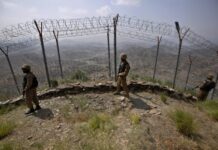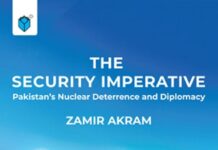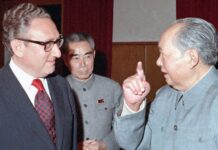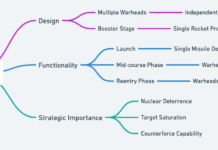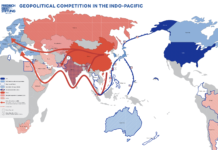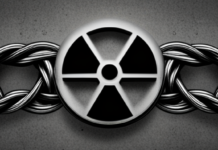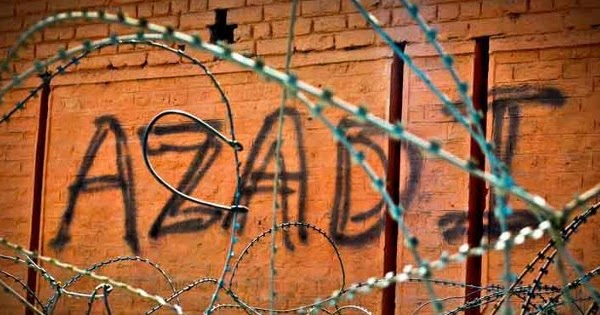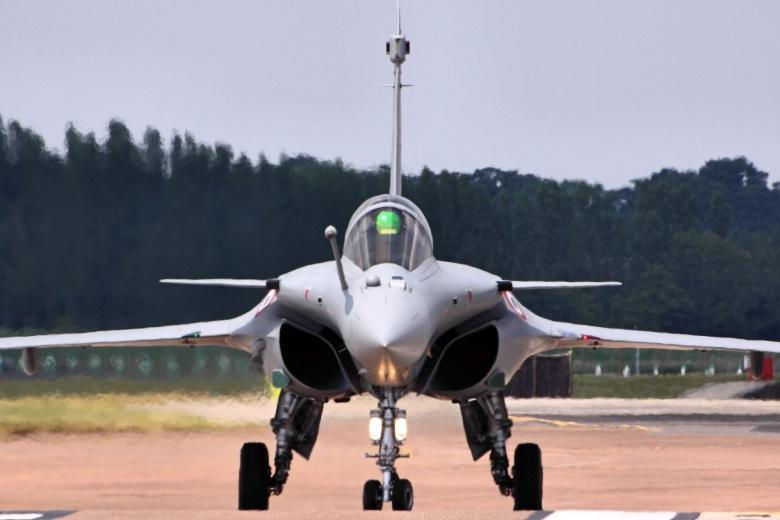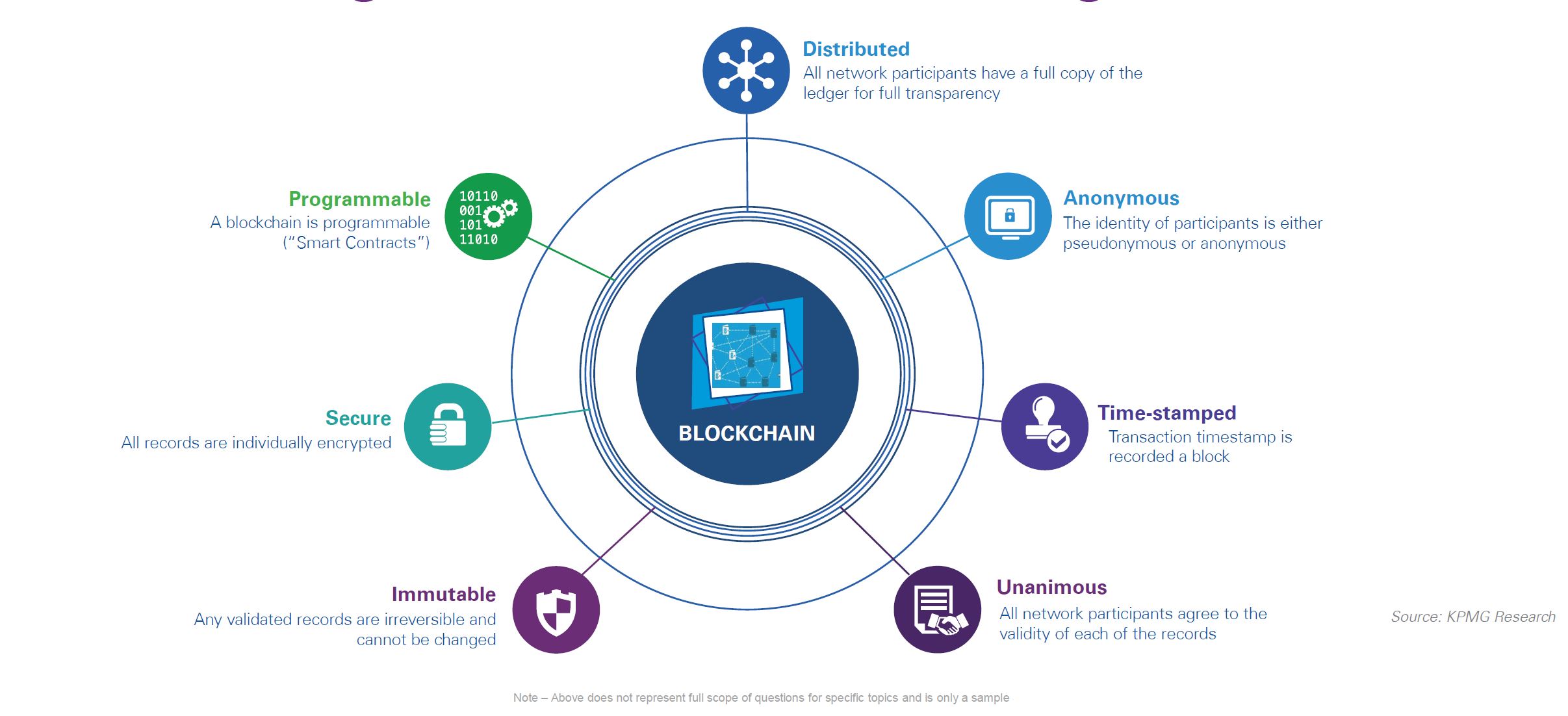Rabia Akhtar
By the time a Kashmiri child born today in Srinagar turns five years old, he will be part of a Hindu majority Jammu & Kashmir. The domicile law announced by the Indian Ministry of Home Affairs has started issuing permanent residency to Indian citizens, completing its agenda of settling the Kashmir issue once and for all by bringing about demographic change in the Valley. India is buying time. Once the Hindu settlements are complete in J&K, the UNSC Resolutions will no longer carry weight and their applicability in letter and spirit will also not be possible..
It should worry Pakistan. If Pakistan does not do anything to make India reverse Aug 5th decision and restore the disputed status of J&K rendering this domicile law null and void, then five years from now, there will be no Muslim-majority Kashmir left to raise voice for. The eight million Kashmiri Muslims in IIOJK, for whom we want the international community to stand with us in rebuking Moditva, will no longer need Pakistan to fight for their freedom in an altered reality which favors India.
It should worry the Kashmiris. Five years from now, ‘Kashmiriyat’ will dilute. Freedom will no longer be a commodity to fight for. The lynchings, the humiliation and the dehumanization of the Indian Muslims that the world is witnessing in India at the hands of the Hindu fanatics, will also become a norm in the Valley once Bahkts would call it home. The present pellet-gun-blind Kashmiri generation will no longer have the eyes to see the horrors that await future generations. It will also not have the will to fight anymore. If you think that the human rights abuses, detentions, torture, enforced disappearances, sexual abuse by the Indian security forces in IIOJK is at its worst now, wait until the Hindu settlements in the Valley are complete. If the world still hasn’t woken up now, don’t bet on its waking ever.
In my SAV article earlier this year, I had written about the imminent clash between the symbolic Kashmir and the strategic Kashmir. The Symbolic Kashmir is “a place where larger national and sub-national identities are ranged against each other. The conflict in this Kashmir is as much a clash between identities, imagination, and history, as it is a conflict over territory, resources, and peoples.” In the Strategic Kashmir, in contrast, “the military establishments on both sides of the border insist that Kashmir is critical to the physical defense of their respective countries.” India always understood the Strategic Kashmir, so did Pakistan. Therefore, both worked towards securing and consolidating their own versions of the strategic Kashmir. It is the identities, the imagination and the history in the Symbolic Kashmir which India is now attempting to erase and Pakistan has left the field wide open for them to march on.
War Over Kashmir ?
Pakistan and Kashmiris do not have the luxury of time at their hands to mount a ‘long struggle’ against the brutal Indian occupation and annexation. However, the practicality of Pakistan going to war with India to liberate Kashmir is also simply not there for two reasons.
First, Kashmiris on both sides of the LoC will be the first casualty if India and Pakistan go to war. I am not even contemplating a full fledged conventional war between India and Pakistan with potential for escalation involving nuclear weapons. Even a limited conventional war between the two countries is bound to have a large casualty count in AJK. Are the Pakistanis and the Kashmiris ready with their body bags? In a virtual Kashmir Bootcamp discussion this summer, Kahsmiris in the IIOJK categorically said that they preferred death over living under the brutal Indian occupation and if war gave them a shimmer of hope that future generations would taste freedom, they were ready for it at all costs. Is Pakistan ready to match that commitment? That is the question.
Second, Pakistan’s hands are tied and its war-fighting options limited due to its fragile economic situation which is finally witnessing an upward trend. An economically weak country moving to fight a war will not stand a chance before any lending state no matter how friendly (China, Saudi Arabia or UAE), or any financial institution, irrespective of what the compulsions are. Waging war to liberate Kashmir might look good on strategy papers or situation rooms or simulated wargames, but in reality, Pakistan will suffer immense reputational costs if it were to think about starting a war or fighting one with India.
No Time for Strategic Patience
There is absolutely no doubt that Pakistan is in a tough spot. India wants Pakistan to accept the Indian decision of August 5, 2019 as fait accompli, pushing Pakistan to decide the future of Azad Jammu & Kashmir, Gilgit and Baltistian like it did with Jammu & Kashmir and Ladakh: annex, assimilate and move on. We have seen the reaction of the international community to the Indian annexation and occupation of J&K. Does anyone even care that India is trying to undermine the UNSC resolutions through the new domicile law? Does it matter to anyone that under the Law of Armed Conflict (IHL), it is a war crime to transfer population into an occupied territory (4th Geneva Convention)? No one cares and it does not matter. If it mattered, India would have been named and shamed at every international human rights forum without Pakistan pushing for it.
What should Pakistan do? Should Pakistan juxtapose what India did on August 5, 2019 and take the Indian bait? Should it assimilate AJ&K and GB and give it provincial status so that the Indian claim on these two territories is forever laid to rest? Should Pakistan wage a war to liberate Kashmir irrespective of the costs involved? Should Pakistan work with China to create difficult circumstances for India (read two-front war) in Ladakh enough to leverage the situation whereby India is bound to reverse its August 5th decision and restore the status quo ante in J&K?
There are no easy answers for these questions but it is about time that we started an honest discourse on these options no matter how uncomfortable it makes us feel. Public narrative must be generated on these issues to inform policy. Pakistan’s Kashmir strategy can no longer be a top-down approach.
Dr.Rabia Akhtar is Editor, Pakistan Politico. She is a nuclear historian, defense and foreign policy analyst. Tweets @Rabs_AA



